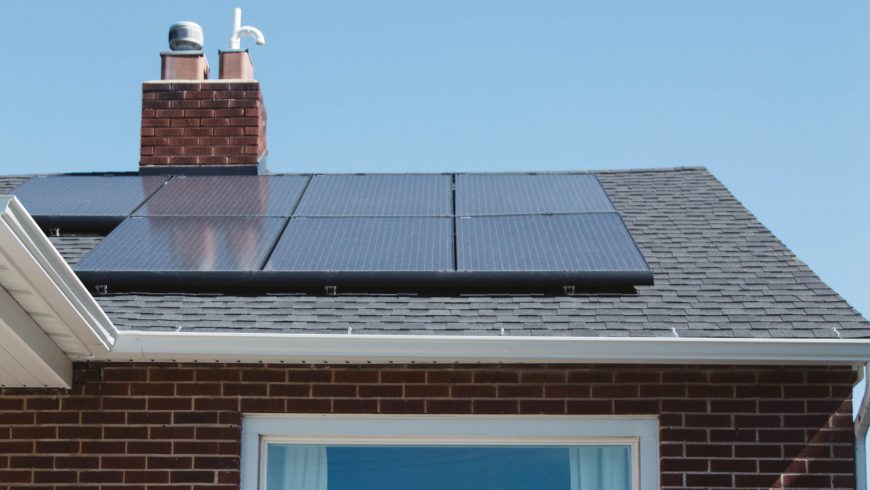With sustainability becoming a popular trend, many vacation rentals are jumping on the eco-friendly bandwagon.
But not all green claims are genuine—some properties engage in greenwashing, where they exaggerate or fabricate their environmental efforts to appeal to conscious travellers.
So, how can you tell if a rental truly aligns with eco-friendly values? Look out for these five red flags before booking your next stay.
1. Vague or Missing Details About Sustainability
The first red flag is a lack of specific information. Listings that use broad buzzwords like “eco-friendly” or “green” without providing concrete details about their efforts should raise suspicion.
What to Watch For:
- Claims like “energy-efficient” or “eco-conscious” without examples, such as the use of renewable energy or water-saving systems.
- No mention of certifications like Ecobnb, LEED, Green Key, or Energy Star.
- Missing information on how waste, water, or energy is managed.
Tip: Reach out to the host and ask for specifics. A truly sustainable property will gladly share details about its eco-practices.

2. Reliance on Single Green Features
Beware of rentals that highlight one or two small features as their entire claim to sustainability. For example, boasting about LED lightbulbs or a recycling bin isn’t enough to justify an eco-friendly label.
What to Watch For:
- A single solar panel or rain barrel touted as proof of renewable energy use.
- Small changes like reusable towels or biodegradable toiletries are presented as the
- main eco-efforts.
Tip: Look for properties with a comprehensive approach to sustainability, such as energy-efficient appliances, renewable energy sources, and sustainable building materials.

3. Disregard for Local Environment and Culture
True eco-friendly rentals respect the local environment and culture. A property that disrupts its surroundings or ignores the community’s needs is a red flag.
What to Watch For:
- Large-scale properties in fragile ecosystems with no signs of conservation efforts.
- Imported furnishings and materials instead of using locally sourced, sustainable options.
- No mention of supporting local businesses, artisans, or community projects.
Tip: Choose rentals that integrate harmoniously with the environment and actively contribute to the local economy.
4. Lack of Transparency in Energy Sources
A sustainable rental should clearly state how it powers its property. If there’s no mention of renewable energy sources or energy efficiency measures, it may not be as green as advertised.
What to Watch For:
- No information on solar panels, wind power, or other renewable sources.
- Heavy reliance on traditional utilities without efforts to offset carbon emissions.
- A focus on appearance over substance, such as trendy designs without energy-efficient functionality.
Tip: Ask the host directly how the property is powered and what steps they take to reduce their energy footprint.

5. Overuse of Disposable Items
An eco-friendly rental avoids wasteful practices, especially disposable items. If the property relies on single-use products, it’s a clear sign they haven’t adopted true sustainability.
What to Watch For:
- Single-use toiletries in plastic packaging instead of refillable dispensers.
- Excessive use of disposable plates, cups, or cutlery.
- No recycling or composting bins proare vided for guests.
Tip: A property focused on sustainability will prioritize durable goods, refillable options, and robust waste management systems.

How to Avoid Greenwashed Rentals
When in doubt, ask the host direct questions, such as:
- What certifications or partnerships validate your eco-friendly claims?
- How do you manage energy, water, and waste on the property?
- Are there any local initiatives or conservation efforts the rental supports?
Additionally, read reviews carefully for any mentions of sustainability practices—or lack thereof. Conscious travellers often share details that can help you make an informed choice.
Final Thoughts
While the rise of eco-friendly rentals is a step in the right direction, it’s important to distinguish between genuine efforts and empty claims.
By watching out for these red flags and doing a little extra research, you can ensure your next stay aligns with your sustainability values—leaving a lighter footprint on the planet and supporting businesses that truly care about making a difference.
